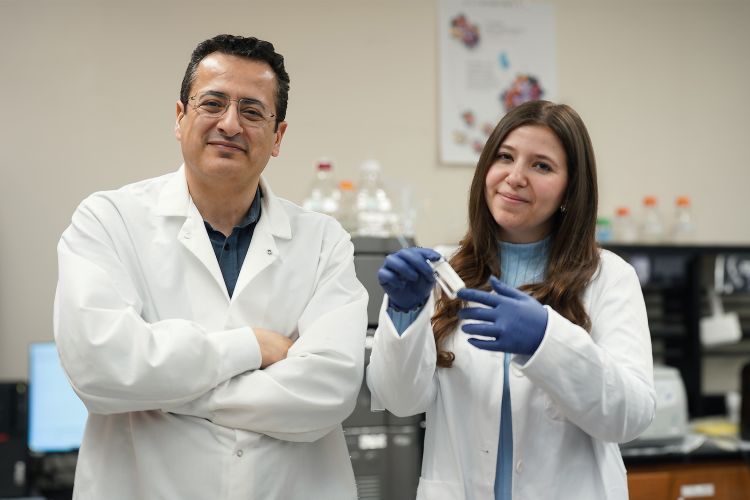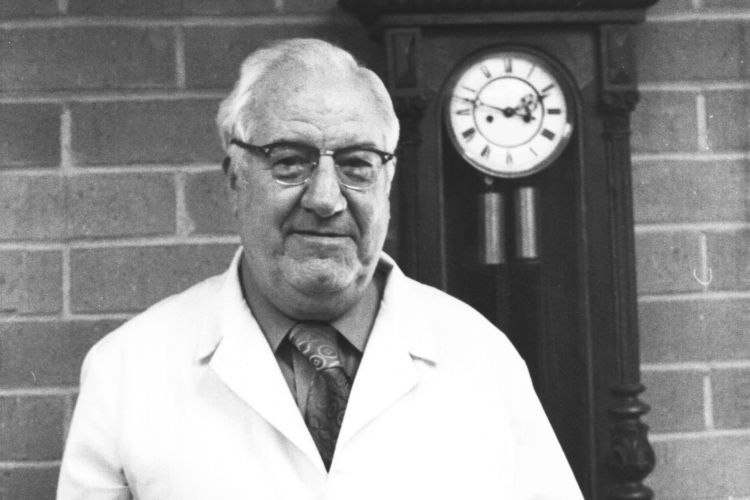Breadcrumb
NIH grant enables innovative bioelectricity research

Carlos A.Villalba-Galea, PhD is exploring the Kv7 protein in his innovative bioelectricity research.
In 2020, Carlos A. Villalba-Galea, PhD, associate professor of physiology and pharmacology, received a $337,647 R21 National Institutes of Health (NIH) grant for the proposal “Identification of Structural Determinants in Kv7 Open Channel Stabilization.”
All cells in the body have electrical activity, which are turned on or off by a series of molecular switches. Dr. Villalba-Galea’s goal is to understand the basic process that makes the activity of these molecular switches stable. “If any of these switches turns on spontaneously, you can trigger out-of-control activity and that is what happens when you have arrhythmias, epilepsy or pain,” said Dr. Villalba-Galea.
Kv7 is a protein that is present in many organs. It acts as a gatekeeper, preventing excessive excitability of electrical activity in neurons and muscles. The Kv7 protein also “remembers” when electrical activity has been turned on.
“We’re trying to understand how this little molecule ‘remembers’ these types of events and keeps tabs on what is happening electrically in the cells. In other words, how this molecule has ‘memory,’ ” Dr. Villalba-Galea said.
Molecules “remembering” they have been activated is an innovative concept. Having a detailed understanding of how Kv7 controls electrical activity paves the way for the development of more effective treatments for epilepsy, seizures, arrhythmias and chronic pain.
Students from Pacific’s doctor of pharmacy and pharmaceutical and chemical sciences programs will help conduct the experiments as well as collect and interpret the data. To explore the way Kv7 open channels behave in different disease states, Dr. Villalba-Galea and his team will introduce genetic mutations to probe for the molecular basis of such illnesses.
“Pharmacy students will learn cutting-edge concepts in physiology that will help them have a better application of the clinical pharmacology they use with their patients,” he said.
Dr. Villalba-Galea is honored to receive an NIH grant. “I look forward to expanding the horizon of our understanding of basic physiological processes because they are the basis of everything we do, from walking to speaking to smiling to sleeping.”





